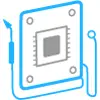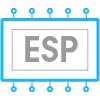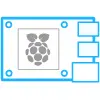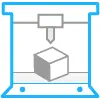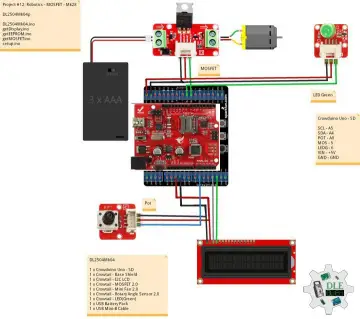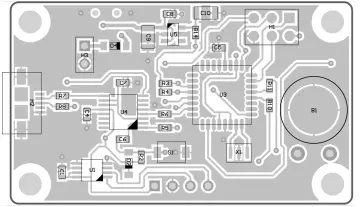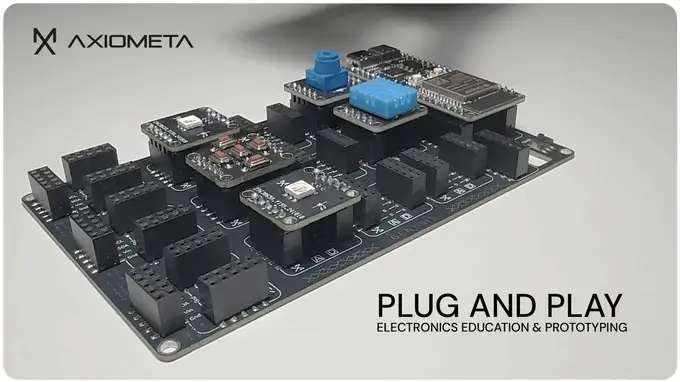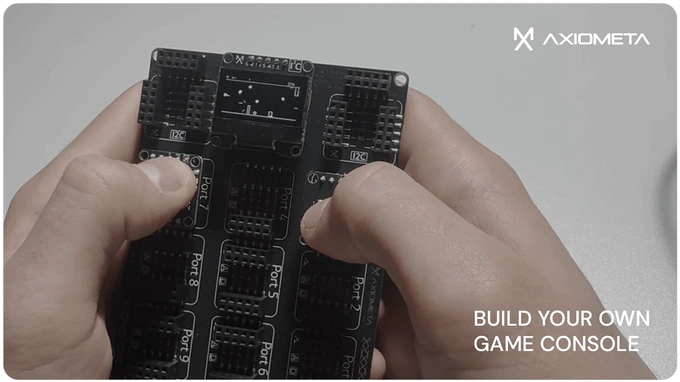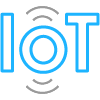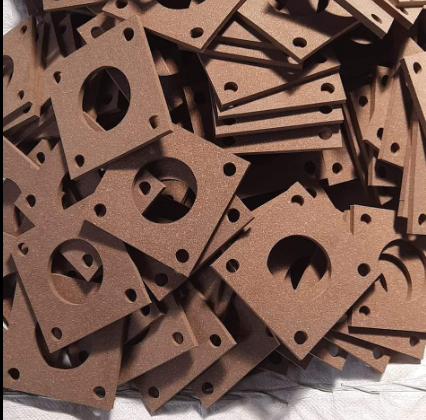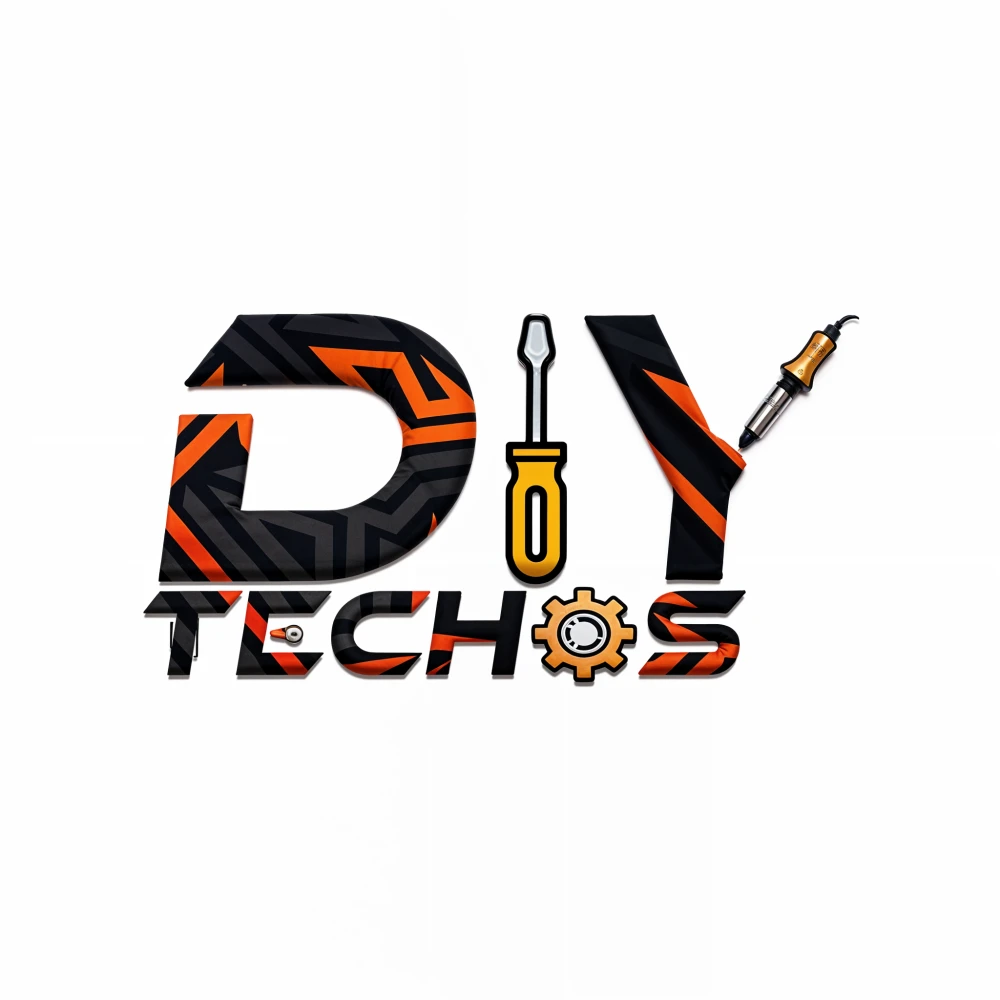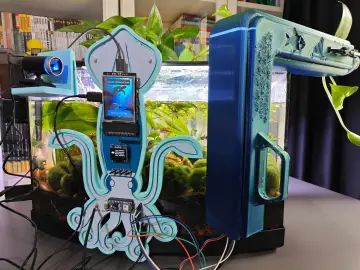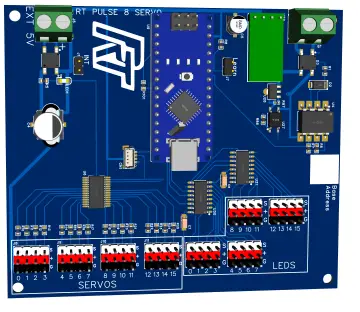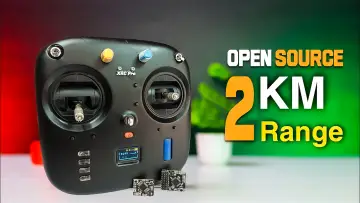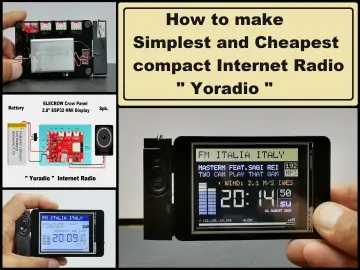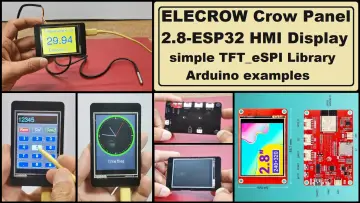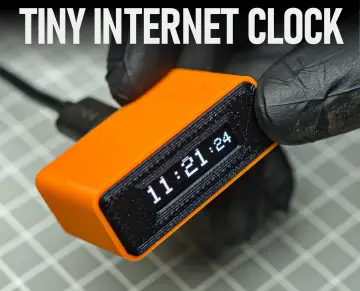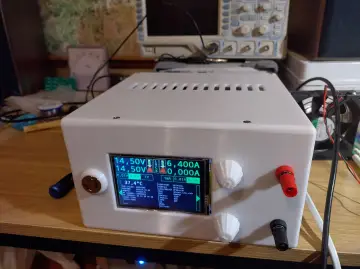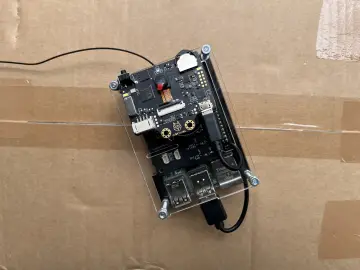Story
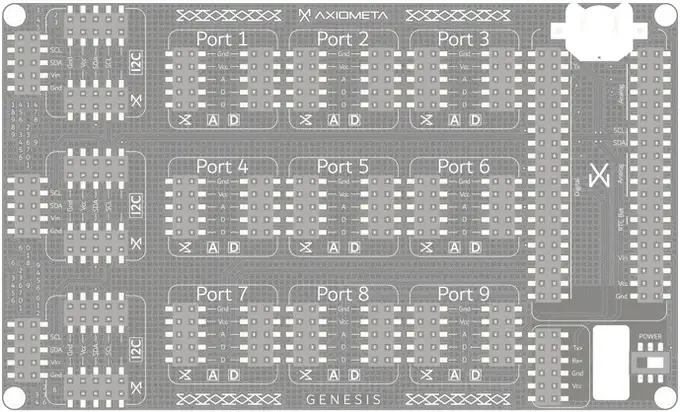
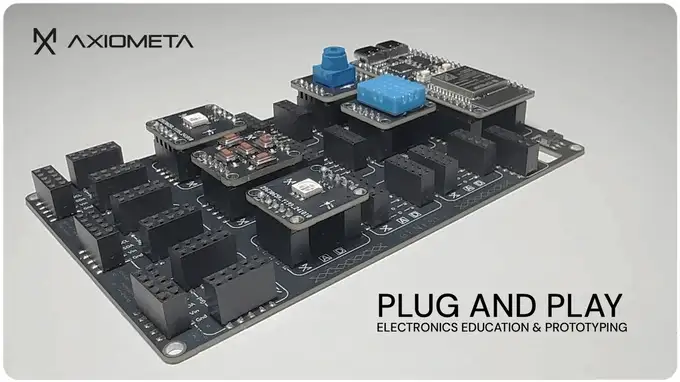
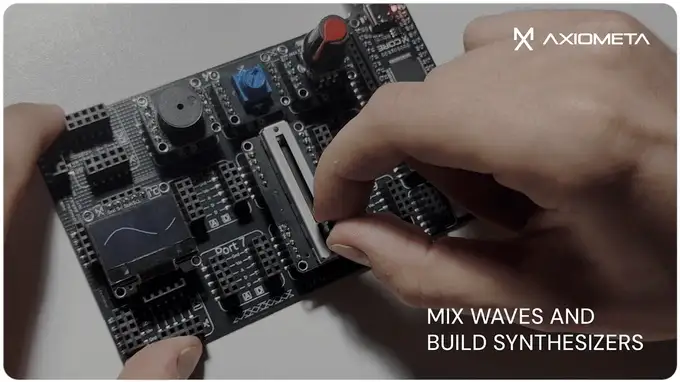

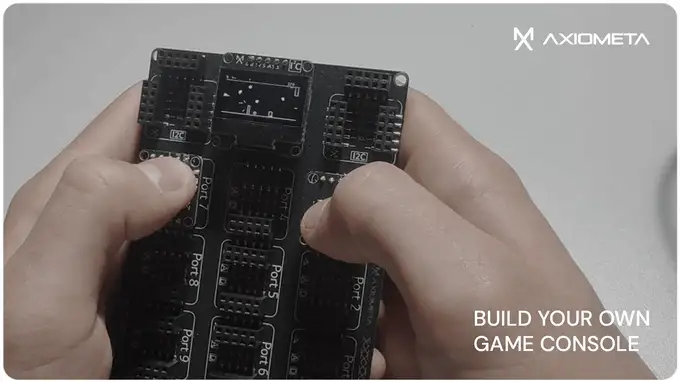
-
System Design and Features
- WiFi-Enabled Core Equipped with an ESP32-S3 module, the Genesis Kit supports IoT applications out of the box, allowing for seamless connectivity and integration with cloud-based systems, smart devices, or real-time data streams.
- Modular Layout
- Predefined ports ensure uniformity and eliminate the ambiguity of traditional breadboarding.
- Each port features a standardized pinout configuration (ground, voltage, and signal), simplifying sensor interfacing and reducing errors.
- Compatibility
- Fully supports CircuitPython, MicroPython, and Arduino IDE.
- Interoperates with third-party modules like Arduino shields and Adafruit STEMMA QT sensors.
- Breadboard compatibility ensures an easy transition between modular prototyping and traditional setups.
- Hardware Design
- Secure sensor mounting prevents disconnections during operation.
- Compact form factor enhances portability, making it suitable for field applications or collaborative environments.
- Power Options
- Battery-powered for standalone projects.
- Integrated power management for stable operation with peripherals.
Applications and Use Cases
The Genesis Kit is designed with scalability and adaptability in mind, enabling projects across diverse domains:
- IoT Development: Monitor temperatures, control LEDs, and create environmental monitoring systems.
- Robotics: Modular design allows integration of motor drivers, sensors, and communication modules.
- Custom Peripherals: Build control panels, gaming shortcuts, or interactive installations.
- Educational Tools: A structured layout and documentation support learning objectives, from basic circuits to advanced prototypes.
Sensor Ecosystem
The Genesis Kit supports a growing library of over 50 sensors and peripherals, including:
- Digital and analog inputs like buttons, LDRs, and potentiometers.
- Active outputs like buzzers, relays, and RGB LEDs.
- Communication peripherals for I2C, SPI, and UART interfaces.
Prototyping Efficiency
Genesis bridges the gap between conceptualization and deployment with:
- Plug-and-Play Functionality: Pre-configured ports reduce setup time and complexity.
- Code Generation Support: Integrated tools for generating base code tailored to selected sensors.
- Scalability: Suitable for beginners starting with simple projects and professionals building production-grade prototypes.
Conclusion
The Axiometa Genesis Kit reimagines the prototyping experience with a focus on modularity, standardization, and usability. By addressing common frustrations like loose connections and ambiguous pinouts, it provides a reliable, structured foundation for developing and deploying both educational and real-world electronic projects.




